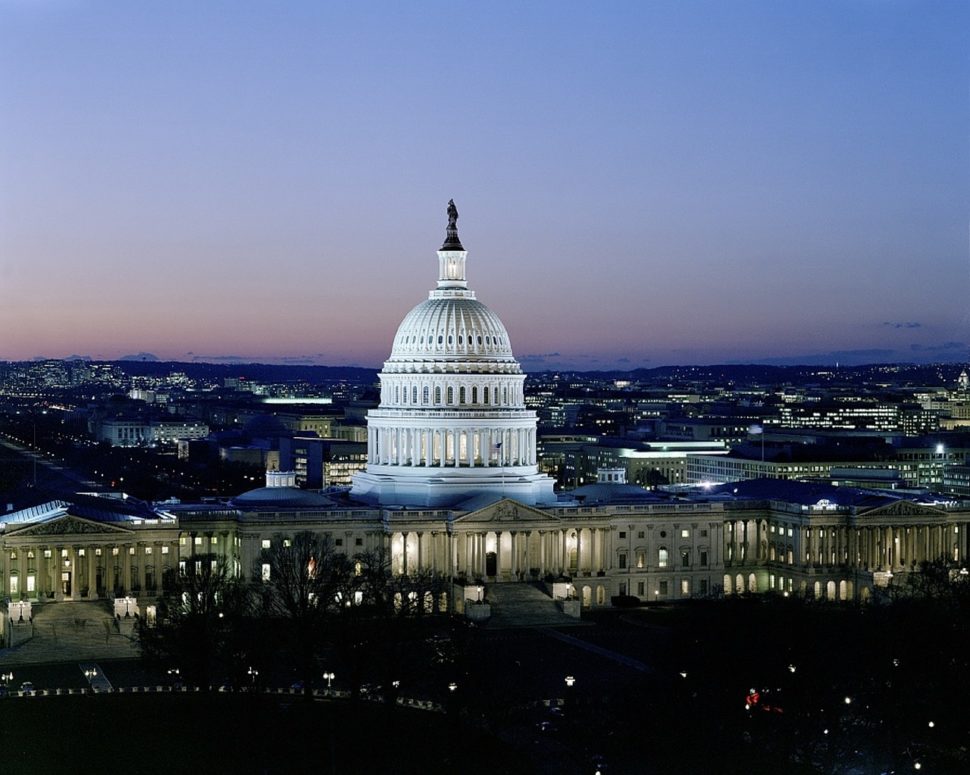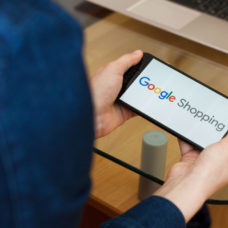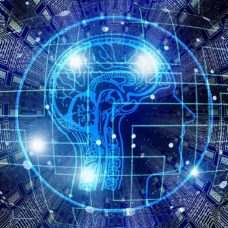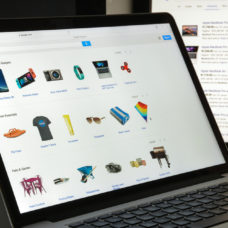In 1933, President Franklin Roosevelt launched the New Deal, a series of programs intended to end the economic crisis paralyzing the United States.
It was in his inaugural speech where Roosevelt presented the New Deal, and said his famous quote:
“… the only thing we have to fear is fear itself.”
Fast forward to 2019, and the U.S. is perhaps in a dire need of a second New Deal.
This time around, if the fear of change is a big issue, the stakes are even higher as it involves the global environmental crisis and the survival of humanity itself.
The Green New Deal: Bringing the U.S. on the Global Environmental Board
Once again Alexandria Ocasio-Cortez (AOC), the 29-year-old freshman Rep. and youngest woman ever elected, is igniting a new political debate.
Ocasio-Cortez had proposed taxing citizens who make over $10 million by up to 70 percent, and nearly half the Americans want to see the same.
Now, the youngest member of the House who identifies as a democratic socialist, like Senator Bernie Sanders, has gone a step further in her attempts to help create an America that works for all Americans and not “just a wealthy few.”
Now, she’s earning a spotlight for thrusting the Green New Deal (GND) that addresses the environmental crisis into political debate.
The minute details of the plan are still being worked on, but the term Green New Deal isn’t new. President Obama’s stimulus package was perhaps the closest to a GND.
In its broad goals, the plan aims to decarbonize the American economy and make it equitable, invest massively in clean energies, and keep corporations checked and accountable.
Even though its still in its early days, it’s already gaining plenty of media attention.
Will the GND Survive the Current Toxic Political Climate in the U.S.?
At the UN 2018 Climate Change Conference (COP24) held in Poland in December, the Intergovernmental Panel on Climate Change (IPCC) hosted a pavilion all for itself for the first time.
The IPCC wanted to showcase its 700-page report that boils down to a scary ultimatum: we have a little over a decade before it’s too late.
Natural disasters, diseases, famine, economic and socio-political crises are all on the menu of global warming if the world sticks to its business as usual.
Global GHG emissions must start declining fast and significantly to prevent temperatures from rising by more than 1.5 °C (2.7 °F) from pre-industrial levels.
That won’t end climate change once and for all, but it would limit the catastrophe until maybe technology and mentality catch up in a way to reverse the trend.
Because of its oppositions to including the IPCC report in the final draft of the COP24, the U.S. has been singled out as a climate villain — along with Russia, Saudi Arabia, and Kuwait.
Read More: What Happened at the December UN Climate Conference?
As the biggest polluter in history, the U.S. may have in the Green New Deal a way to redeem itself, for the sake of Americans and the whole of humanity.
The Green New Deal is every environment activist’s dream. However, the odds seem to be stacked against it.
The current tenant of the White House, Donald Trump, believes the planet will cool again on its own, just like it’s been warming up all this time.
Figures of the Republican Party for the most part deny climate change, or ignore talking about it, or deny humanity’s role in the problem.
As for democrats, although they seem to be aware and well-informed on the topic, they strangely lack any plan to face the climate change challenge.
The majority of Americans support the principles of the New Green New Deal.
The GOP-run Senate is going to vote on the Green New Deal introduced by Ocasio-Cortez and Senator Edward Markey. But it’s unlikely it will pass.



















Comments (0)
Least Recent